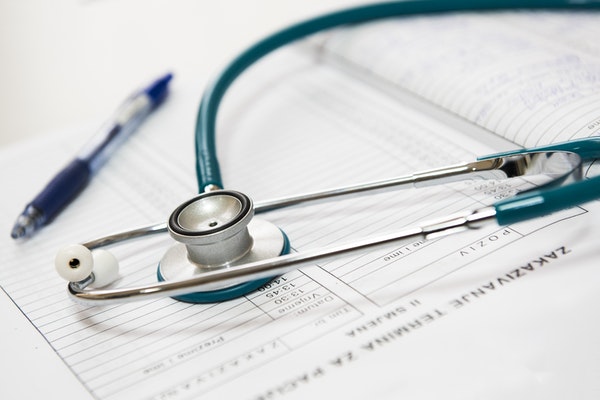
Planning and Budgeting
When considering how to pay for your treatment, make a list with your doctor about what to plan for. Hospitals and treatment centers often recommend financial counselors or social workers that can help with this process. Expenses that you will want to consider are:
- Doctor’s visits
- Travel costs
- Chemotherapy, or Radiation treatments
- Surgical procedures
- Prescription drugs
- Hospital stays
- In-home care
After estimating your costs, you can create a budget and figure out a plan to move forward. Patients and their families may want to consider opening a flexible spending account (FSA) or health spending account (HSA). Both an FSA and HSA are accounts where you can set aside money tax-free to put towards health insurance costs. Setting money aside in these accounts can save you money over the course of the year.
Paying for treatment
Taking a close look at the details of your insurance plan and what it covers is a good starting point as you begin to budget for treatment. Look for your deductible, co-insurance percentage, co-pay, and what type of experimental procedures or trials are covered. Insurance can sometimes be offered for clinical trials on a case-by-case basis. This should be a consideration for patients when assessing their insurance plan.
Furthermore, patients and their families should also check whether their health insurance plan covers specific options of care. You may want to look into in-home healthcare, wellness counseling, and clinical trial cancer treatments.
Qualifying for medicare or medicaid if you don’t have insurance
If you don’t have health insurance, you should consider looking into Medicare and Medicaid options. Medicare is federally funded health insurance for those above the age of 65 who are eligible for social security benefits. Medicaid is also federally funded insurance for low-income adults of any age who meet the intended criteria.
These are important options to consider if you don’t have other insurance. Under Medicare, Part B covers many aspects of cancer care and even some preventative screenings. Understanding what opportunities are available can cut down significantly on medical costs.
Use Available Resources
After a diagnosis, assessing your finances might be defeating, but it’s important to know that there are resources and organizations whose mission is to support cancer patients and their families. Social workers in your hospital or doctor’s office will be able to point you in the right direction towards charitable organizations in your community and across the country. In addition, many non-profit organizations like the Ronald McDonald House and Hope Lodge offer help with housing and travel.
During this difficult time, don’t be afraid to accept help from those in your community who offer their services. Utilizing all your knowledge and resources will help you focus on your recovery and your successful future.
Author Bio: Molly McGuane is a Communications Specialist at the Mesothelioma and Asbestos Awareness Center.
If you’re struggling to pay off debt, ACCC can help. Schedule a free credit counseling session with us today.






